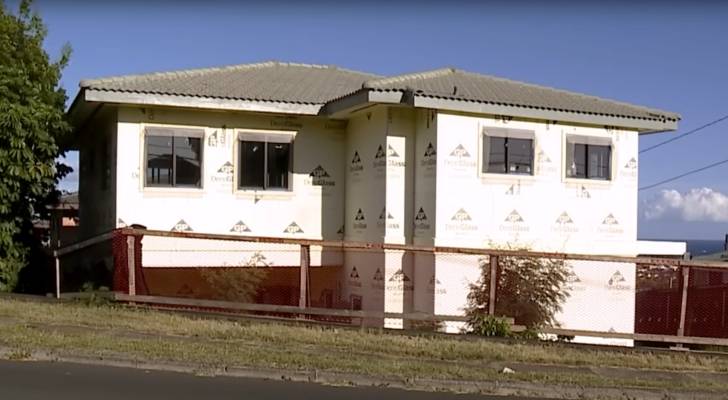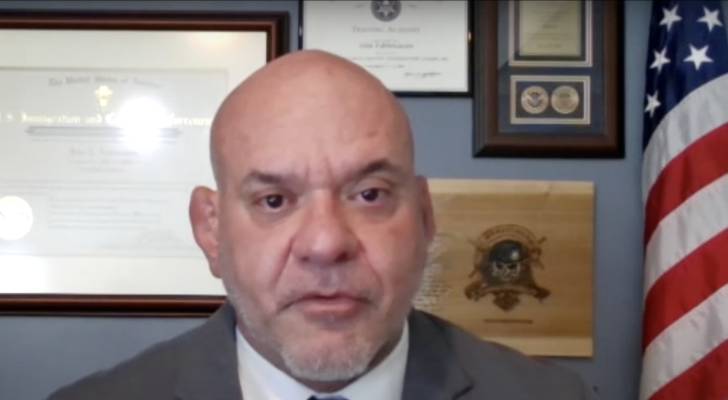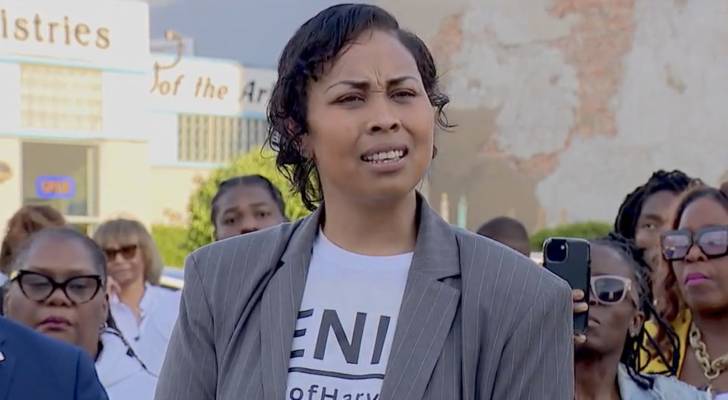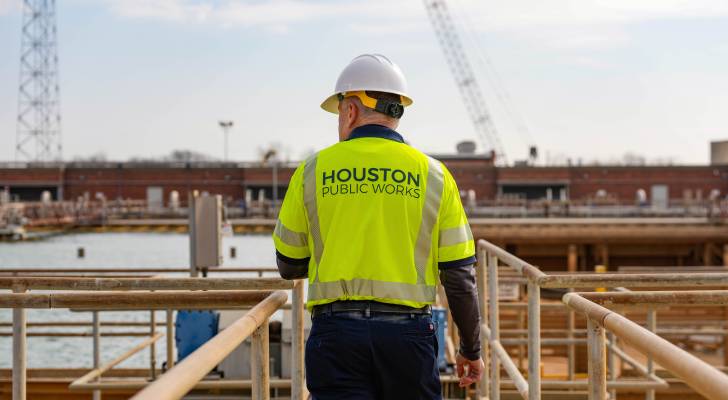I’m 36, with 2 kids, and in the middle of a divorce. I’m moving home to my parents’ for a bit to save money — and I want to invest at least $3.5K/month for my future. Where do I start?
As a 30-something, rebuilding your life post-divorce can feel daunting, especially if there are a couple of kids involved. However, if you’ve moved back in with your parents and you’re starting with no debt and a steady monthly savings goal of $3,500, you’re in an incredibly strong position. Don’t miss I’m 49 years old and […]
I’m 31, make $117K/year, cover all household bills — yet my fiance refuses to chip in. Insists his cash is for ‘fun’ while I handle ‘responsibilities.’ Can I fix this before we get hitched?


For some, the road to marriage can look financially lopsided. Those in their 30s earning their fair share — say, more than $100,000 a year — may be used to covering 100% of their individual household expenses. However, it doesn’t typically feel good when a fiance refuses to contribute, claiming their money is only for […]
‘We’re not trying to punish anyone’: This LA man created a device to deter unhoused people from sleeping outside his condo complex — but some residents would like to see ‘a better solution’


In West Hollywood, a new device called the "Blue Chirper" is stirring controversy as it aims to deter homeless individuals from settling near businesses. Invented by Santa Monica resident Stephen McMahon, the device emits a chirping sound and flashes blue light when it detects motion. McMahon describes it as a non-aggressive deterrent. Don’t miss I’m […]
Dave Ramsey sided with this Tennessee man in dispute with ‘free spirit’ wife who he said wasn’t pulling her weight — until the caller admitted she’s not working because she has Stage 4 cancer


During a recent episode of The Ramsey Show, Adam, from Knoxville, Tennessee, shared his ongoing struggles to maintain a household budget with his wife, who is battling Stage 4 cancer. Adam began by explaining that "There’s a fight every time we try to set a budget." He added, “She feels like I just make the […]
‘It’s just ugly’: Honolulu residents fed up with ‘monster home’ that’s been standing ‘derelict’ for 3 years — here’s what the city’s doing to crack down on these blights


Nestled in the Honolulu neighborhood of Kaimuki, a partially constructed building at 3615 Sierra Drive has become a focal point of contention. One of Hawaii’s so-called “monster homes” — unusually large residences, sometimes occupied by dozens of people — the structure has stood incomplete for three years, drawing criticism from residents and scrutiny from city […]
Colorado businesses facing $8 million in fines for employment law violations, including hiring unauthorized migrant workers — but here’s why undocumented workers are paying the highest price


Three Denver-area businesses face a combined $8 million in fines for allegedly employing unauthorized migrant workers in contravention of employment law. U.S. Immigration and Customs Enforcement (ICE) special agent Steve Cagen told Fox31 News that the fines are designed to uphold the law and “promote a culture of compliance." Don’t miss I’m 49 years old […]
‘I’m kind of lost right now’: NY man’s debt explodes from $30K to a whopping $100K in less than a year due to gambling — despite earning six figures. What Dave Ramsey says to do ASAP


When Jelani from New York called into The Ramsey Show about his financial problems, he didn’t sugarcoat his situation. "I owe over $100,000. I’m kind of lost right now,” he told finance personality Dave Ramsey in a clip posted May 28. “I don’t know if I should file [for] bankruptcy. I just need some advice," […]
‘Being beat on with a sledgehammer’: Florida couple speak out after city issues ‘mind-blowing’ $366K fines for code violations they fixed — and they’re not the only ones facing excessive fees


What would you do if your city placed $366,000 in liens on your home after inspectors observed minor violations like broken window frames, cracked outlet covers and peeling paint? If you were Lauderdale Lakes residents Kenneth and Mildred Bordeaux, a Florida couple in their 80s, you’d hire a lawyer and fight back. "I feel like […]
‘They’re taking our homes’: Chaos unfolds in Illinois after local lawmaker arrested during council meeting for raising residents’ concerns — now they’re calling for federal intervention


Tensions flared at a Harvey, Illinois, city council meeting on May 12, as Mayor Christopher Clark ordered the room cleared just 20 minutes into the session. He cited disruptions from residents and supporters of Alderperson Colby Chapman. The confrontation underscored growing resident unrest over several issues they face with the southern Chicago suburb’s administration. Don’t […]
City of Houston scrambling to fix boarded up buildings and freeways ahead of the 2026 FIFA World Cup — but is the extravagant cost of hosting a major sporting event worth it?


As the 2026 FIFA World Cup approaches, Houston is cleaning house and undertaking significant infrastructure improvements to prepare for the influx of international visitors that will descend on the city. The municipality is addressing issues such as non-functional freeway lighting, deteriorating buildings and outdated public amenities to ensure a welcoming environment for fans. But just […]